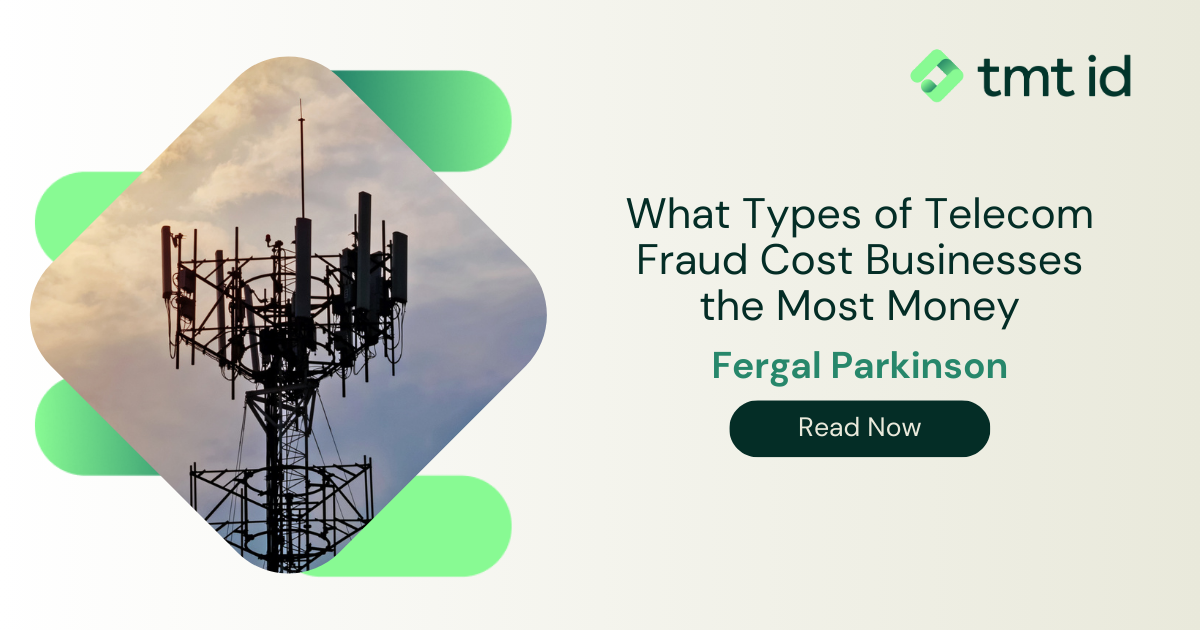
The British consumer organisation Which? Has been around since the 1950s. As its very name suggests, its primary functions for most of its first six decades were product testing – of the ‘what are the ten best washing machines on the high street’ variety – and advising shoppers on things like their right to refunds on faulty goods.
But just lately Which? has found itself concentrating more and more on fraud – such as online bank security – and teaching consumers how to beat it.
This development in itself tells us something striking about just how gigantic a problem scams have become for ordinary people. But I was also struck by something about their latest publication – and how it reveals the extraordinary range and variety of the problems that are out there now.
First though, a recap of its investigation into the online security standards of the biggest banks in the UK.
Their investigative reporters looked at four key areas –
And gave them each scores for robustness.
The good news was that overall the banks performed pretty well, though there were areas for concern. For instance TSB was found to be improperly handling sensitive data which meant that it could be read by other apps running on a user’s phone. Or Co-operative Bank was criticised for not demanding two-factor authentication when a user logged in from a new laptop for the first time. While Lloyds – despite generally performing well – was rapped for failing to log users out automatically when they had been idle for more than five minutes.
You can see the full details and – if you have one in the UK – check your own bank’s performance here: best and worst banks for online and mobile security
But, for me, the most interesting part of their report was not the detailed micro criticisms of individual banks but their more general advice on staying safe when using online banking. Because this is the point at which so much fraud is committed: so many phishing scams, so many muggings, and so much online crime generally. It all occurs in relation to access to and transfers from a victim’s online bank account.

Here’s TMT ID’s take on their suggestions of how to protect yourself – these cannot be repeated enough:
So that was the biggest take-home recently from Which’s pivot from consumer champion to consumer fraud protector. But there was another completely different story they also covered recently which made an intriguing contrast.
And this was the surge in the circulation of counterfeit postal stamps. The sudden prevalence of millions of fake stamps came to light when ordinary people started getting fined for receiving post that hadn’t been paid for – despite having apparently legitimate stamps attached to them. This received a good deal of press coverage, I’m guessing because it was simply such a novelty scam.
But what I found intriguing about the episode was the stark contrast between this scam and warnings about online banking. Because what could be more non-digital, more analogue, more retro, than a traditional postage stamp? It’s at the very opposite end of the tech scale from logging into your bank account via your phone while on the dash. It’s positively old-fashioned.
But the fraudsters don’t care – they’re as happy to sell you a bunch of fake first-class stamps as they are to phish your personal details so they can hack your bank account. And – surprise, surprise – people who have been ripped off by fake stamps have often in the process been directed to fake websites designed to steal their personal data. Double bubble for the scammers. These guys really will rip you off in any way you can think of – and often in ways that won’t have occurred to you.
All of which means – as Which?’s recent output confirms – that the smart, contemporary consumer has to be in a state of constant awareness and suspicion on all fronts to avoid being ripped off.
Last updated on January 26, 2025



There are actions banks can take to protect you too - such as utilising mobile data to spot suspicious behaviour during onboarding, sign-in or during transactions.
Check out VerifyWe provide the most comprehensive device, network and mobile numbering data available
Contact us > Chat to an expert >